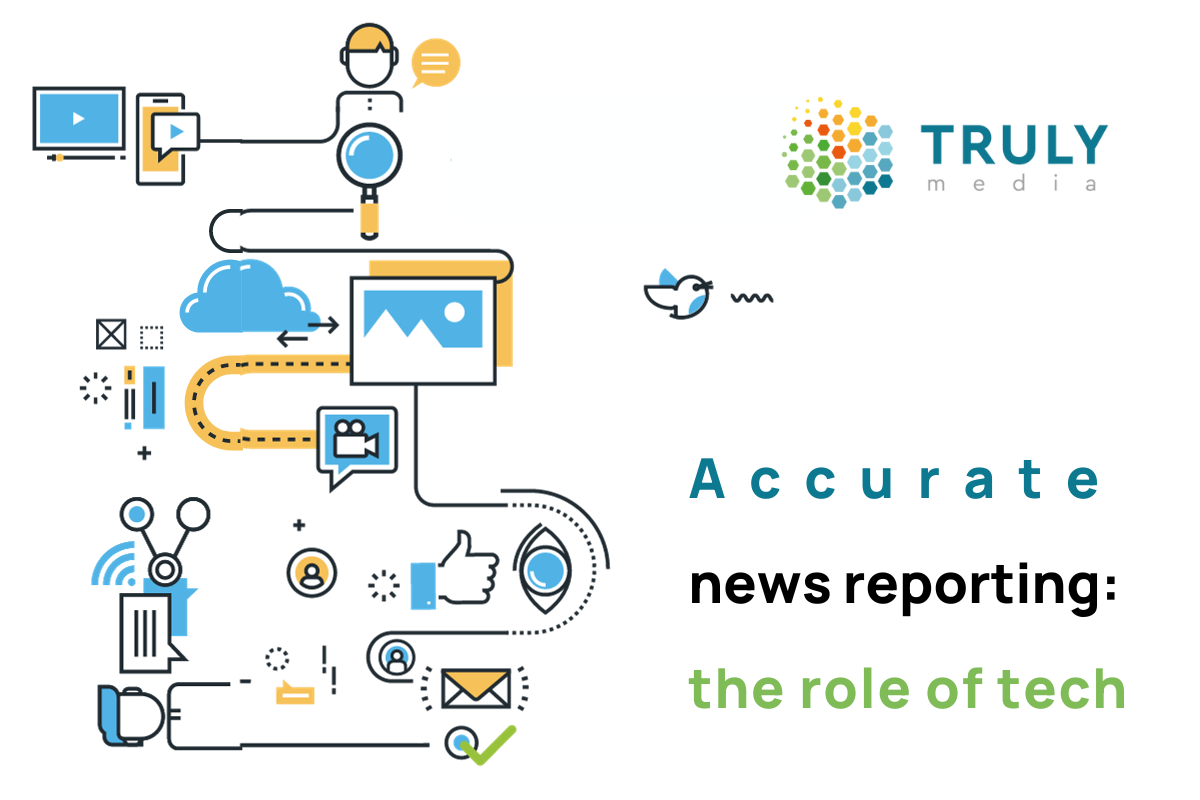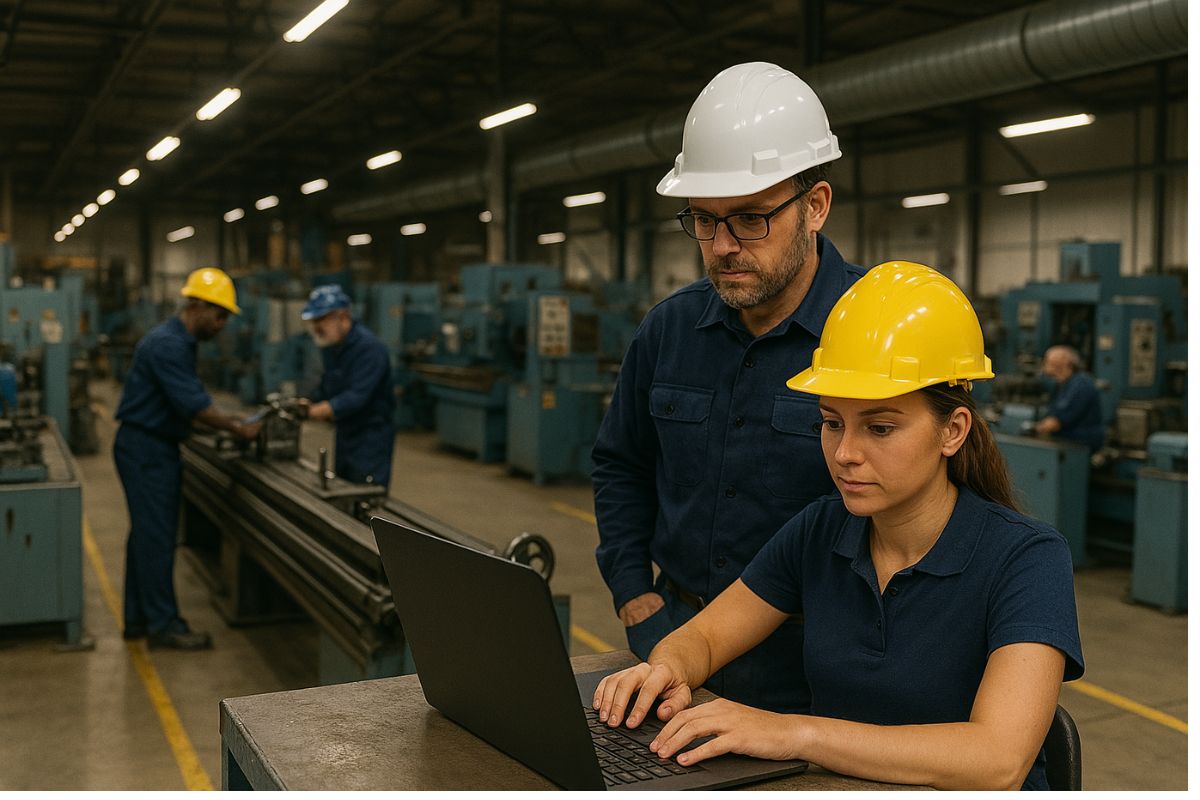Article by Christos Gavalas, Journalist & Fact – Checking Expert
A follow up, after attending attending 2023 Global Investigative Journalism Conference
The impressive crowds of investigative journalists at the Svenska Massan of Gothenburg seemed to me a wave of hope for today’s complicated world. Moving up and down escalators to catch the next panel discussion, with a clear penchant for honing their skills and expanding their network.
Almost 2,100 from more than 130 countries had the privilege to learn from one another and get exposure to some of the industry’s most debated topics. I honestly feel it was an honor to be amongst them.
In my journalistic career I have worked in the news for quite some time, mostly at digital desks and I guess I have always been guided by what’s new and what’s next. But the risks many of these folks are undertaking to do their jobs is simply admirable and alarmingly important. I consider them to be the top crop of the profession; if they were doctors, they would be surgeons. They dive deep into a topic, search relentlessly for the truth by respecting long-standing verification standards so that civic societies are protected from abuse of power. And there’s a whole lot of it around every corner of the world.
From my new role as Fact Checking Manager at Athens Technology Center (ATC), I felt I want to mingle and learn more about what my colleagues think about technology and what is it that they fear more about it. And regardless of how talented and knowledgeable these fine professionals are, they need to be given not only credit and courage but most importantly tools, regulatory and, to a certain extent, technological.
ATC is not just one more tech company that aspires to sell software to a drained and baffled industry. It has demonstrated a real interest throughout the years in being successful, however only in a context that will leave journalism satisfied and stronger than before. That’s engraved in its values, in its founding principles and that’s why I embarked on this journey.
In Sweden, I tried to explain to my ex-colleagues how they can safely collaborate using our state of the art and fully encrypted platforms, knowing that they have us by their side whenever they need a custom-made solution.
But aside from communicating this, I wanted to listen and learn. How do they envision the future of conducting investigations? How could technology potentially speed up redundant and repetitive tasks so they can devote more time in doing their reporting? How do they go about investigating areas of the world where suppressing regimes remain their toughest opponent? What will their relationship with the big tech look like soon? These questions are at the core of the profession’s mission, as well as at ATC’s research inquiries.
And technology does advance, with journalists being creative and smart, trying now to figure out what tools are going to be valuable additions and which techniques will save them time.
The conference was filled with sessions from distinguished experts that spoke about open-source investigations, ways to work with hackers, the importance of web archiving and the usefulness of data scraping and of automated social media searches.
AI of course stole the show being the issue that most of them were asking about when it comes to innovation: it has become apparent that it will have a significant impact on journalism in the years to come, both as a threat and as an ally.
Much was more specifically said about journalists potentially building their own LLMs, as they worry there’s no transparency regarding where the training data comes from. On top of that, there needs to be a way and a collective will for newsrooms to protect their website content from being scraped from LLM models. Right now, fresh journalism content is the ‘enfant gate’ of any training model, content that doesn’t get produced easily. The GIJN’s conference in Sweden and the work presented there is another strong testament to this.
Data journalism is also a field with unstoppable potential to unlock impactful stories for societies. Several data journalism sessions were held, with reporters learning basic and advanced coding techniques which will allow them to mine data in various forms and come up with interesting facts that would otherwise lie at the bottom of a spreadsheet. Data journalism, however, is directly linked with AI. Should a newsroom decide to create a data desk and form its own data library, this will in turn help a potential LLM to be fed with truly original content, becoming a key foundation of the AI the newsroom uses.
And conversely, an AI tool that could retrieve and analyze data, so that it can then send alerts to journalists about potentially interesting stories, could be a practical and beneficial addition to any newsroom, smaller or larger.
Beyond that, specific techniques were also discussed to facilitate investigations on countries like Russia (AI voice analysis, Facial Recognition AI, Telegram bots), where a large chunk of disinformation is published. Fake social media accounts, AI-generated images and video and concerted disinformation campaigns are tactics bad actors use to attract engagement, achieve financial gain, and inflict harm in societies. Journalists refuse to take a back seat in this battle and ATC is going to stand by them, providing solutions as soon as they become tested.
Collaboration with the scientific community
A key takeaway of the conference is that investigative journalists, as much as they rightfully deserve to have the leading role in carrying out their work any way they feel appropriate, will have to think a little bit more out of the box when it comes to collaborating with scientists, as this might make the difference between a great job and an impeccable one.
Scientists can develop solid methodologies, but most importantly they have time to run experiments at the same time when journalists are tangled up with so many little tasks. The right type of collaboration where journalists will acknowledge scientific contributions can lead to groundbreaking discoveries and I think that many colleagues have embraced this necessity as a clear path of moving forward by integrating new technologies.
Lastly, collaborating with others is considered not just an option, but rather a necessity, in view of today’s threats. Teamwork makes the dream work, after all, but for investigative journalism this emerges also as a solution to better approach the truth and come up with the needed evidence.
Technology can chime in right there and help collaborating schemes become better equipped and interconnected.
Truly Media, ATC’s fact checking platform is a unique end-to-end solution for many such consortiums that work from different countries and time-zones. It allows journalists to search for suspicious content in various ways, organize it in thematic buckets (collections) and then analyze it with the help of in-build tools. And all of this in one environment, without having to switch from tab to tab and from application to application. Our fact checking platform was presented to journalists who joined me at a meetup session on the last day of the conference, along with TruthNest, a deep Twitter analytics tool that contributes to the detection of fake accounts based on 27 different metrics.
After three days of intensive workshops, panel discussions and networking, the curtain fell, and precious moments now exist in our memories. For journalism though this was a highlight, a reminder that teams of dedicated watchers can bring small changes in our collective knowledge of what’s happening around us. ATC is committed to being an active partner from the technological standpoint.





